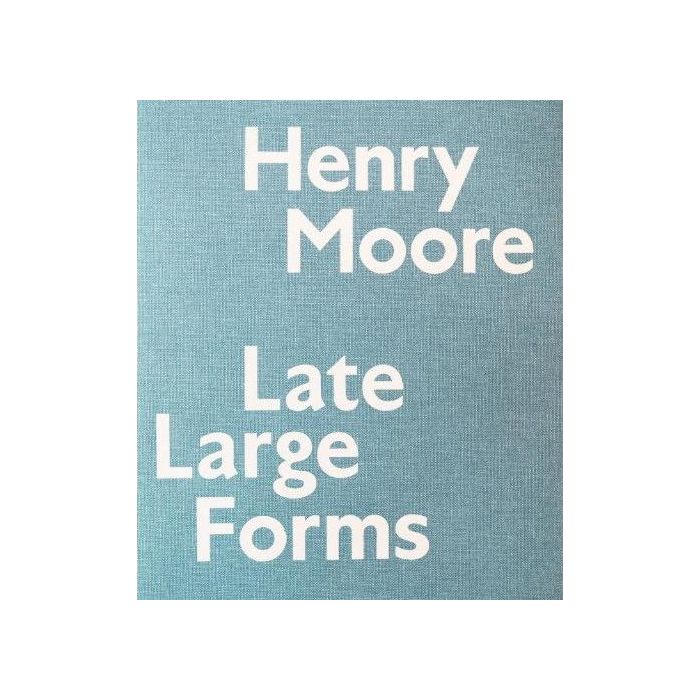My Cart
Your cart is empty
Looks like you haven't made your choice yet.
- Subtotal
Henry Moore

Late Large Forms
- Rizzoli
- by Anita Feldman, Ann Wagner
More Information
| Publisher | Rizzoli |
|---|---|
| ISBN | 9780847840175 |
| Author(s) | Anita Feldman, Ann Wagner |
| Publication date | September 2012 |
| Edition | Hardback |
| Dimensions | 318 x 254 mm |
| Illustrations | 190 col. & bw ill. |
| Pages | 182 |
| Language(s) | Eng. ed. |
Description
This book accompanies Gagosian Gallery's exhibition of Henry Moore's large-scale sculptures. Moore's large-scale sculptures celebrated the beauty and power of organic forms at a time when traditional representation was largely eschewed by the vanguard art establishment. Their prodigious size and forceful presence have an overwhelming physicality that promotes a charged relation between sculpture, site, and viewer. In Two Piece Reclining Figure No. 2 (1960) the rough texture of the patinated dark surface infuses the large corpus with a certain brutalism, the stunted head and blocky limbs akin to arched geological formations, weathered from time immemorial. Reclining Figure: Hand (1979) is immediately identifiable as a human form despite its modulated stylization; the softly rounded, cloud-like body attests to Moore's more exploratory impulses when compared to Large Four Piece Reclining Figure (1972-73) and Reclining Connected Forms (1969), where he alludes to body parts using the vocabulary of mechanical components. Large Two Forms (1966) and Large Spindle Piece (1974) evidence an interest in both natural and man-made objects.
It was Moore's intention that these large-scale forms be interacted with, viewed close-up, and even touched. In order that their heft and mass be perceived in myriad of settings, they were most commonly placed outdoors, subject to the effects of changing light, seasons, and terrain. Within the controlled white environment of the gallery space, the sheer volume and mammoth proportions of the sculptures are more keenly felt. Brimming with latent energy, their richly textured surfaces and sensual, rippling arcs and concavities can be seen to new effect.

Henry Moore
